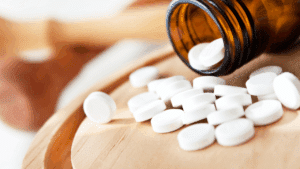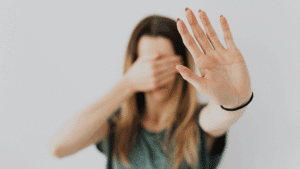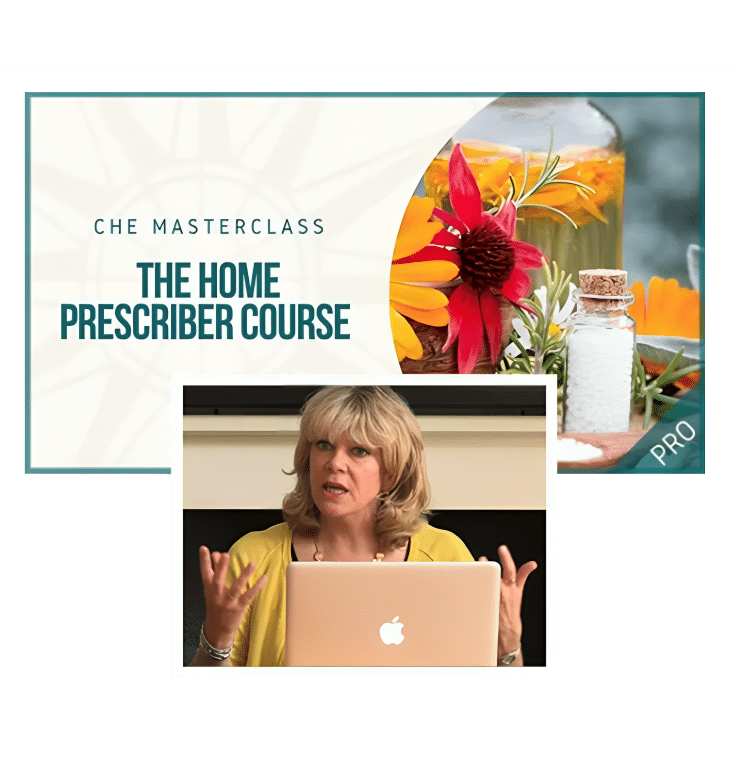
Mistletoe (Viscum album)
Mistletoe (Viscum album) Every Christmas, mistletoe hangs above doorways, inviting
In today’s world, so much of our time is spent sitting at desks, in cars, and on screens. It’s easy to forget something simple and vital: our bodies are made to move.

CHE Founder and Principal
Author of Homeopathy at Home
We weren’t designed to be still for hours on end. Yet modern life has us doing just that. And while it might seem harmless, the research tells another story; one that should give us all pause.
The phrase ‘sitting is the new smoking’ has made headlines in recent years and while it’s an oversimplification, there’s real science behind the concern.
A major study published in the Annals of Internal Medicine found that prolonged sitting is linked to a higher risk of heart disease, type 2 diabetes, and early death, even if you exercise regularly.
Another study in the American Journal of Epidemiology showed that people who sit more than six hours a day are up to 34% more likely to die early compared to those who sit less.
And here’s the kicker: those risks don’t disappear just because you hit the gym once a day. The damage of prolonged stillness accumulates throughout the day.
What does that mean for us? It means we need to weave movement into our daily rhythm, not treat it as an optional extra.
In homeopathy, we speak of the vital force; the body’s innate intelligence, always working to restore balance and healing. A well-matched remedy nudges that force, reminds it what it’s capable of.
But so does movement.
Moving your body gently, consistently and with awareness, stimulates flow, improves circulation, releases emotional tension, clears the mind, and reconnects you with yourself. It’s like taking a remedy through your muscles and breath.
Whether it’s a walk around the block, stretching between Zoom calls, or dancing barefoot in your kitchen, movement is a message to your system: “I’m here. I’m alive. I’m moving forward.”
If you spend a lot of your day at a desk (and most of us do), start small and simple:
● Stand up every 30–60 minutes. Set a timer if you need to.
● Stretch your neck, roll your shoulders, twist your spine.
● Walk around the room or step outside for a few minutes.
● Try walking phone calls or use a standing desk if possible.
These ‘micro-movements’ might seem minor, but over time, they act as powerful antidotes to stagnation; physical and emotional.
Movement is one of the four pillars in what I call M.E.D.S: Meditation, Exercise, Diet, Sleep.
These are the fundamentals I return to again and again in my life and in my work. They’re not trends. They’re timeless.
When these pillars are steady, everything else becomes easier. Healing deepens. Energy steadies. Mood lifts. Clarity returns.
Movement isn’t just about fitness. It’s rhythm. Its presence. It’s flow. And when you move with awareness, you start to reconnect with your own natural intelligence; the very thing homeopathy seeks to support.
You don’t need to join a gym or train for a marathon. Here’s a short ritual to help you
return to movement, gently and consistently:
“I move to feel alive.” “I move to restore balance.” “I move to come back to myself.”
Walking, stretching, yoga, dancing, gardening, tai chi; whatever makes you feel connected to your body.
Let your breath guide your pace. Keep it slow and steady. Let it calm the nervous system.
Notice how your body responds. Be curious, not critical.
Thank your body for showing up. For carrying you. For always trying.
Movement is one of the most accessible tools we have, and one of the most underused. It complements homeopathy beautifully.
Both ask the same question: how can we support the body’s natural rhythm and wisdom?
So whether it’s a mindful walk, a stretch between tasks, or a barefoot moment on the grass: move in a way that feels true to you. Not because you should, but because your body deserves it.
And remember: you don’t need to do everything. You just need to do something.
Every step counts.
Disclaimer
The content shared here is intended for informational purposes only and should not be considered a replacement for professional medical advice, diagnosis, or treatment from a qualified and licensed healthcare provider. The views and opinions expressed in this presentation are those of the presenter and do not necessarily represent those of CHE or any affiliated organizations.

Mistletoe (Viscum album) Every Christmas, mistletoe hangs above doorways, inviting

Your Guide to Calc Tissue Salts Tissue salts, also known

Natrum Muriaticum vs Nitric Acid: When Defensive Minds Look Alike
